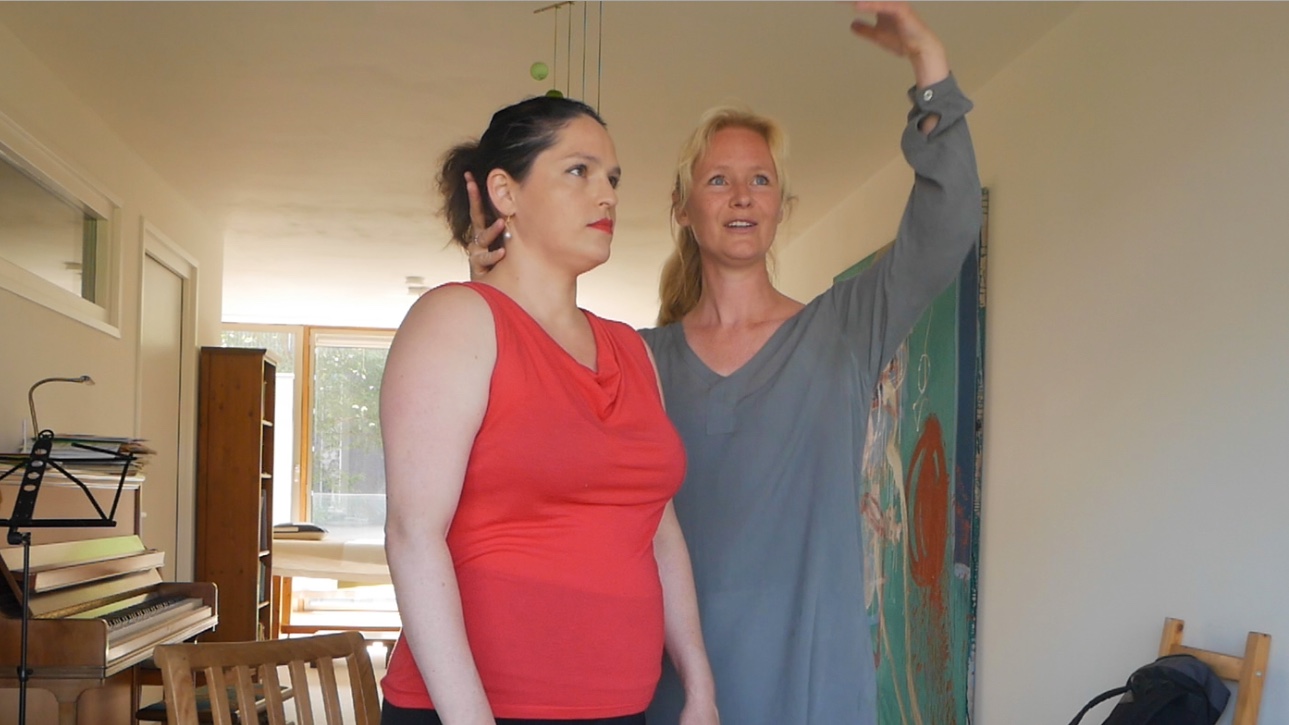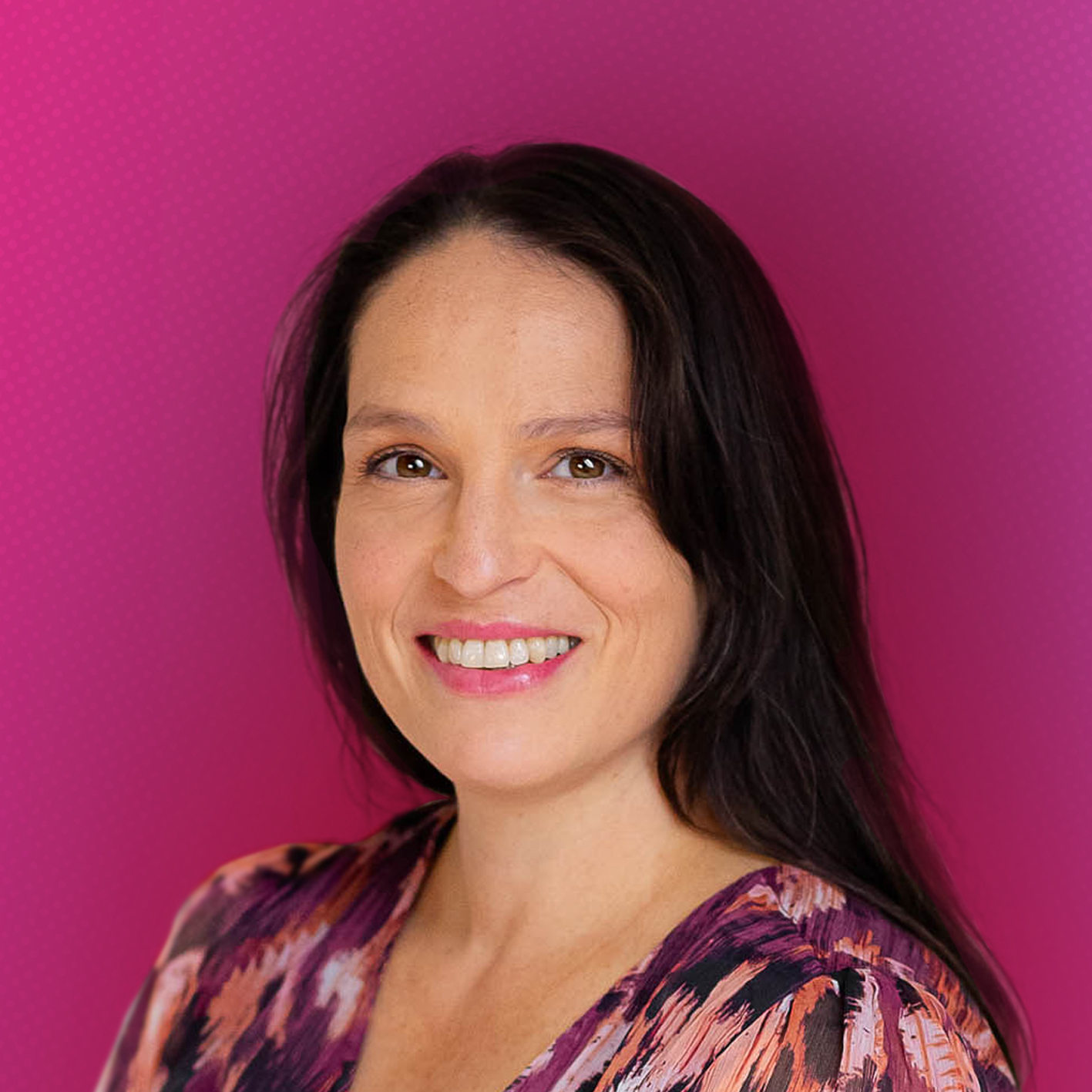Alexander Technique for singers is a quite well known approach. Actually, Alexander is popular in all performance arts. Because it works on your body, So if you need your body to function for your singing - you need Alexander technique principles and exercises.
From the very beginning, and to this day, Alexander Technique is my favourite way to learn about good posture and maintain it long term.
I was fortunate that 90% of the singing teachers I worked with were great advocates of Alexander technique. My last two teachers worked hand in hand with Alexander teachers, who knew their singing technique, so both methods complemented each other.
Alexander technique for singers
Alexander technique is basically about posture and healthy bodily behaviour. And don't take this lightly, a bad posture is not just unhelpful. Instrumentalists and dancers get injuries because of it. Actors and singers can lose their voices, all because of bad posture.
F.M.Alexander himself was an actor who lost his voice, and no doctor could tell him why. He found out, by observing himself, that the way he held and conducted his body was creating a lot of tension. which eventually came to attack his throat and voice box.
Does that sound like something you'd like to avoid?
It's very difficult to release tension. Especially, in my opinion, in the neck. Releasing your neck is incredibly difficult in the beginning. If you have ever tried to lie on your back and have someone support and lift your head, you probably tried to "help out" by lifting the head yourself. Most people do this, just surrendering the neck to someone else is extremely hard. This is the skill you learn in Alexander. You learn to not be active, because otherwise it would be tension.
For many years I thought my muscle tension was a condition. I didn't realize that I'm the one contracting the muscles. Alexander technique showed me that, and then it was a lot easier to stop that activation.
My Alexander teacher in Amsterdam (video below) also experienced hardship in her career as a violinist, and suffered injury, before she learned Alexander.
As for myself: I could only reach a professional level of singing after I took yoga and Alexander classes.
'I did nothing...'
I remember moments during a singing lesson where I finally did something right. The teacher would yell in amazement at me: What did you just do?! I would be perplexed because the only I answer I had was: nothing. It was a really strange, awkward moment of understanding. When singing is really good, it feels like you're not doing anything. This is exactly the princple of Alexander technique.
Why are Alexander technique exercises so good for singing
First, it focuses on awareness. If you don't become aware of your body, you can have as many yoga lessons as you want, you wouldn't be able to work with your body on your own. Alexander technique works first of all on that element of paying attention.
Second: because it's working with your consciousness, it's the easiest method to use in the long term. The benefits of Alexander last longer because they're mental. You could get out of shape physically but Alexander's principles will stay with you.
It's a process that will take quite some lessons. You are changing your approach to handling your body and how it moves. That does not happen in a couple of lessons. Alexander is about the way somewhere, not how to get to a certain goal. It's not about sitting up straight, it's all the steps on the way there and the thought process behind it.
Effects of Alexander lessons on your singing
Some students though do get fast effects by small posture changes. I had a student who immediately improved his singing after I taught him some things. The trick for him was to think about a certain body action instead of 'doing' it. He was skeptical at first. But thinking about it and not doing it, he admitted, was what really helped in the end.
For me it was especially critical to realize: allowing things to happen, to have directions in mind. I had a lot of muscle tension and it was distorting my posture to the point where I couldn't sing properly. So it took me at least four months: three lessons a week. That was the most intense work I did with Alexander. I also did less frequent work, workshops etc, with the best Alexander teachers I could find.
The moments of real learning
It took me a while to know how to not do things. When finally my muscles were releasing, it felt like eliminating something. It's different to feel it than to hear it from the teacher. When you feel it, you'll understand what a teacher means.
About the author

I’m Linor Oren, founder of SingWell. I have an opera background and in the past I've performed on stage. I've taught hundreds of students how to find their authentic voice. What I’ve learned is that singing isn’t about being “born with it” — it’s about unlocking what’s already inside you with the right tools and guidance. My passion is helping singers at every level grow in confidence, technique, and joy, so they can sing with freedom and expression.
My Alexander lessons with Maaike Aarts
Here and there I want to send my students to Alexander lessons in Amsterdam. But to whom? I went to try one for myself, Maaike Aarts of Thinkup, and I loved her.

What makes Maaike special is that she has an approach to Alexander that is a bit more advanced than the original stuff from the books. She helps you to think about the space around you. What that does, is that it helps you to not fixate on a certain part of the body, thereby preventing your body from shrinking, so to speak, or tensing up.
So what happens when you have the directions in mind? While actually thinking of the outside of the body, the necessary adjustments are more likely to happen on their own, with minimal muscle involvement. For singers this is helpful. When you're thinking about a big space, that helps to deepen and widen the breath and release tension.
Are you familiar with Alexander Technique yourself? Share your story and how it helped you. If you're not experienced with it - go do it! The benefits are for life.

"
"Freedom in singing begins with awareness. When you stop trying to hold your body and allow it to move naturally, your voice opens with ease. The Alexander Technique teaches release over control, letting your sound flow freely."
No longer a little mouse...
Maybe you feel it's time to stop shushing your own voice. My weekly 'Belting Mouse' mail shows you how to. It gets you on track with stories and insights from my life as a singer and that of my students.

For 'little mice' who are tired of squeaking and want to start belting...
How to use the Alexander Technique App in your singing practice
Back in the day, when I created my first online course, I was looking for an Alexander Technique audio guide, for the most famous Alexander Technique exercise: The Active Rest. I asked Maaike, of course, but she didn't have one. So I took another, which was OK.
Luckily, Maaike took my pleading to record her own audio guide to heart, and a while later she came up with a whole app! It's fantastic and I use it regularly.
(She is not paying me for this, BTW, I actually bought the premium version with my own money)
With or without an Alexander teacher, Think Up app will allow you to experiment with different Alexander Technique exercises and routines and start implementing it in your daily life.
How to use the app
You know I am a pain in the butt when it comes to body-work. I am telling you you need it in order to properly improve your voice - or your are in an uphill battle. There is no point in working so hard practicing your singing, if your body is tense. Forget it. So you should do body-work (and Alexander Technique, as I said before, is one of my favs) every time before you warm up.
- Start by watching the intro video "What is Alexander Technique?"
- Do the Active rest tutorial in the beginning of your practice
- If you have time, experiment with the tutorials for musicians and singers
- Do this daily, if you can.
The BEST Alexander Technique singing exercise ever
Zooming out
When you start using the Alexander Technique App, you will learn about one of the main principles of Alexander, which is spacial awareness, or zooming out. Now, listen until the end and don't roll your eyes, because it does sound crazy, but it's actually quite pragmatic.
What zooming out is, is you thinking and imagining the space around you.
How to do it: You are aware of your own body, but you don't focus on it, instead, you see what's in your peripheral vision, from there you keep in mind the streets/buildings to your right and left, the sky above you, the bottom 3 floors below you, 360 degrees around you.
What spacial awareness does is, in essence, prevent you from fixating on one part of your body. Instead of trying to let go of tension or correct posture in a certain area - you let it happen by thinking about it. You don't "go in there" - because you know what? You will do that with extra tension. When you zoom out - everything happens more effortlessly. It literally takes the pressure off.
What do you mean "let it happen by thinking about it"??? Glad you asked.
You know that your brain is the one giving orders to your body parts, yes? That's how you can move, it's all in the brain. Ergo - it is enough to think something is happening in your body, and that something is likely to happen, AND with less effort than you doing it actively.
Speaking about bodywork
I am going to tell you fair and square: you won't even get close to your full potential as a singer if you don't do a form of bodywork like Alexander or yoga.
Frequently Asked Questions
What is the Alexander Technique and why is it useful for singers?
The Alexander Technique is a method that teaches you to use your body with more awareness and less unnecessary tension. For singers, this means better posture, freer breathing, and a healthier voice. Many performers—actors, dancers, and musicians—benefit from it because it helps prevent injuries and strain. Singers in particular find that it makes their sound more effortless and sustainable.
How long does it take to see results from Alexander Technique lessons?
Some singers notice immediate improvements from small posture or awareness changes, while for others it’s a gradual process. True transformation comes over time, since Alexander isn’t about quick fixes but about retraining how you move and think about your body. Consistent lessons and practice—sometimes over several months—help you internalize the principles so they last for life.
Can I practice the Alexander Technique on my own?
Yes. While working with a certified Alexander teacher is ideal, you can start integrating it into your daily routine with resources like the Think Up App. It offers guided audio and video exercises, including the classic “Active Rest.” Using the app regularly before singing practice can help release tension, increase awareness, and support your vocal progress even without in-person lessons.
